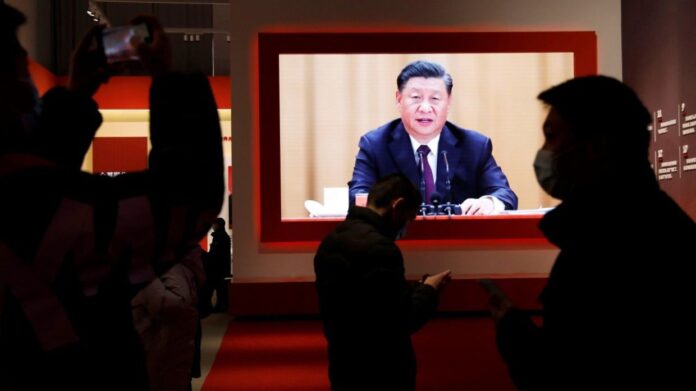
Lithuania and Estonia are not sending state leaders to this week’s 17+1 summit between China and 17 Eastern and Central European countries, snubbing Beijing’s invitation for closer cooperation, LRT.lt reports. The virtual summit is to take place on Tuesday, February 9th. Estonia will be represented by its foreign minister, according to the country’s public broadcaster ERR. The so-called 17+1 summit was created in 2012 and is a key platform for Beijing to connect with countries in the region, 12 of which are members of the EU.
The format has attracted some controversy as part of China’s “divide-and-conquer” tactics. According to a report by EurActiv, China wants to discuss combating the coronavirus pandemic and offer Central and Eastern European countries its vaccine.
A staunch ally of the United States, Lithuania has been alert about the possibility of China spreading its influence in Eastern and Central Europe. Its telecoms recently said the country would not use Huawei technology in its 5G network, while another Chinese firm, Nuctech, was disqualified from bidding for public contracts at Lithuanian airports.
Lithuanian will be represented by transport minister Marius Skuodis.
Spokesperson for president Gitanas Nausėdas stated that “No decisions of importance to Lithuania will be made at this meeting. The president will not take part. Lithuania is interested in further developing mutually beneficial bilateral relations with China, based on respect for democratic values, human rights and freedoms on both sides. As a member of the European Union, Lithuania is also in favour of the EU-China dialogue,” he said.
Lithuania has been participating in meetings under the 17+1 (formerly 16+1) format since 2012. China’s investments in Lithuania and bilateral trade have not yet reached a very large scale, but China’s rail freight shipments via Lithuania increased to a record level last year.
Lithuania’s intelligence services warned in a report last year that “China expands its influence around the world by consolidating support on international arena for its global political agenda”.
“China’s pursuit of technological advantage and its penetrating investment activities increase the vulnerability of other states and pose the risk of losing control over the critical infrastructure,” they said.
With news from LRT.lt





























